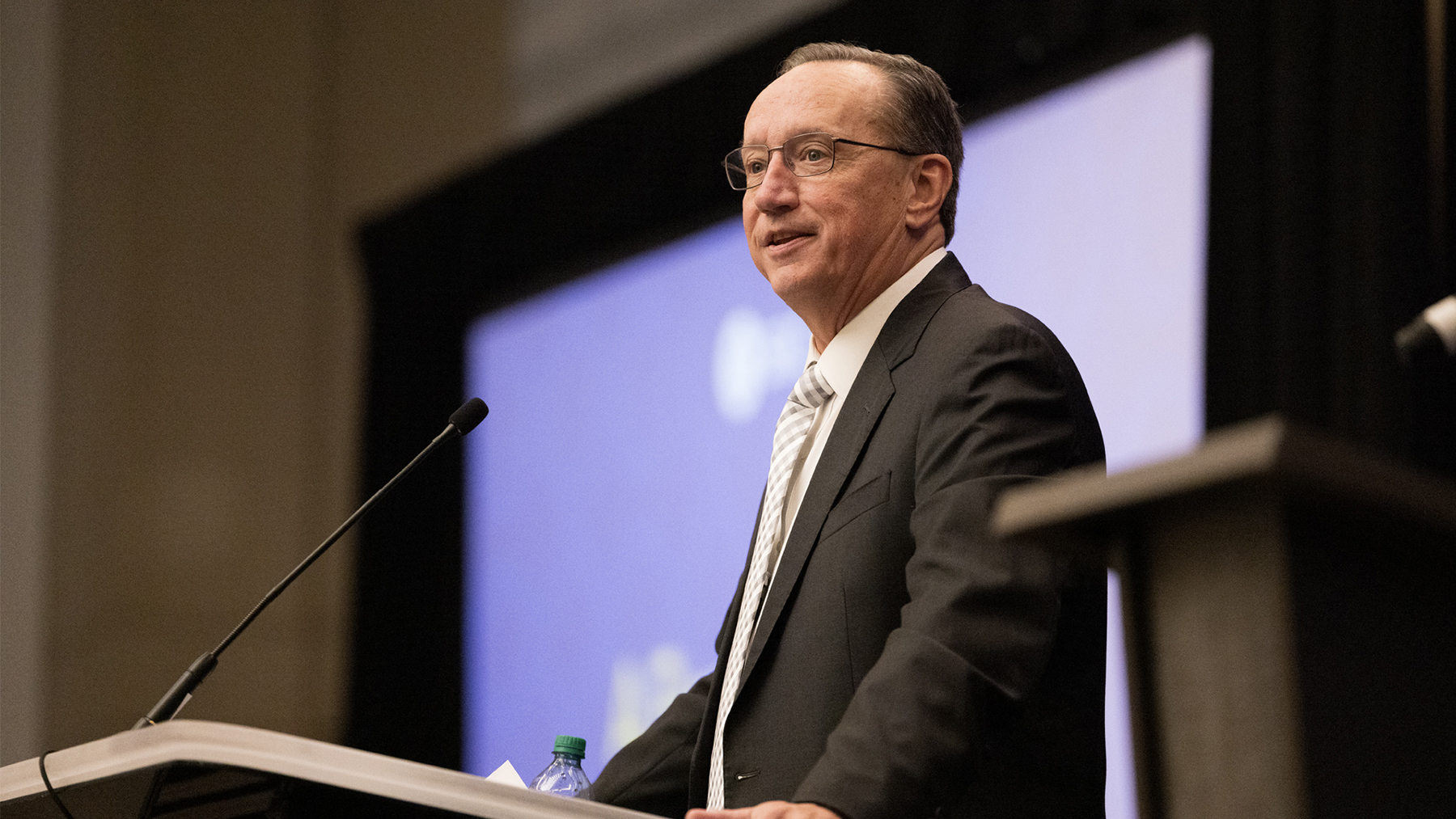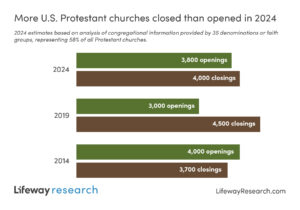By Jeff Iorg
President and CEO
SBC Executive Committee
Editor’s note: The following is transcribed from Jeff Iorg’s address to SBC Executive Committee members and guests at a ceremony marking his installation as SBC EC president and CEO Sept. 16.
The spirit of cooperation is under attack these days — both from external critics and internal detractors. Our cultural proclivity for tribalism and sectarianism — rooted in the sins of selfishness and self-promotion – are flooding over us. Some Christian leaders are more concerned about getting credit, having their way, being recognized on social media, or enforcing their positions than cooperating for a greater good. They complain about compromises and demand unity on specific issues to gain their loyalty. Rather than standing against this secular mindset, too many are embracing it and attempting to reshape what it means to be Southern Baptist.
Is cooperation still a viable expectation or a relic of a bygone era? Is cooperation still the best way for thousands of autonomous churches to work toward the common good of sharing the gospel with the entire world? My answer is yes, for a variety of reasons.
First, we cooperate because the Bible says we can do more collectively than we can by ourselves. From encouragement in group decision-making — “victory comes with many counselors” (Pro. 24:6); to the examples of partnership among believers — “I give thanks to God…for your partnership in the gospel…I have you in my heart, and you are all partners with me…” (Phil. 1:3-7); to churches meeting each other’s financial needs in the face of natural disaster — “Each of the (Antioch) disciples, according to his ability, determined to send relief to the brothers and sisters who lived in Judea” (Acts 11:29); to the Pauline example of almost always working with a missionary partner or team; cooperation is both a biblical pattern and mandate.
Second, we cooperate because it expresses the unity we strive for in Jesus Christ. After describing various leaders as Gods’ gift to the church, Paul declared the task of those leaders — and the leaders in this room — is to “equip the saints for the work of ministry, to build up the body of Christ, until we all reach unity in the faith” (Eph. 4:12-13a). Jesus prayed “may all (believers) be one, as you, Father, are in me and I am in you” and “I have given them the glory you have given me, so that they may one as we are one” (John 17:21-22). When we cooperate, we become part of the answer to Jesus’ prayer.
Third, we cooperate because our churches are autonomous — not independent. Autonomy means self-determining, not selfish or self-centered. All Baptist churches are autonomous, but Southern Baptist churches are not independent. We have agreed to subjugate our personal preferences on ministry practices, mission strategies, financial allocations, and some doctrinal positions to work together for the overarching goal of — borrowing from our founding documents — “the propagation of the gospel.” When leaders embrace an independent mindset, it results in two kinds of movements. The first is independent churches which operate with few if any partners. The second is tribal groups — formed by independent-minded leaders who will work with others, but only with people who affirm specific positions — thus creating subsets among Southern Baptists. There are multiple tribal groups operating among us today. These are more than fellowships. They are well-funded and well-led movements more committed to their group’s agenda than the overall work of Southern Baptists. They seem determined to reshape the SBC to fit their perspective and promote their specific agenda.
My conclusion about this mindset may surprise you. I do not object to an independent mindset and its two expressions — independent churches or tribal groups. But I would invite those who hold an independent viewpoint to embrace their independence, without pressing us to adopt a societal model. Southern Baptists value cooperation. We are autonomous, but not independent. We have agreed to set aside personal preferences for the greater good of the global advance of the gospel. As I have said on other occasions, I am willing to cooperate with Southern Baptist churches I would not join as a member. We tolerate considerable diversity in our movement — doctrinal, methodological, and strategic — as long as churches are orthodox on the defining doctrines and moral standards of the Christian faith and are committed to God’s eternal mission.
My perspective on cooperation is not new or controversial. These convictions are what define cooperation. It’s the approach that has marked Southern Baptists for almost two centuries. Our commitment to cooperation is the defining mindset imagined by our founders and promoted by countless leaders — despite perpetual naysayers, critics, and detractors.
Finally, we cooperate because it works. While other denominations strain to preserve loyalty through top-down control, experience doctrinal drift when power is vested in a heretical few, demand financial support through assessments, and struggle to produce leaders loyal to their movement — our cooperative efforts have excelled and expanded for more than 175 years. We cooperate because cooperation works — producing supernatural spiritual results which reflect God’s grace, power, and favor on our movement. The examples of God’s supernatural favor are evident to any honest observer.








